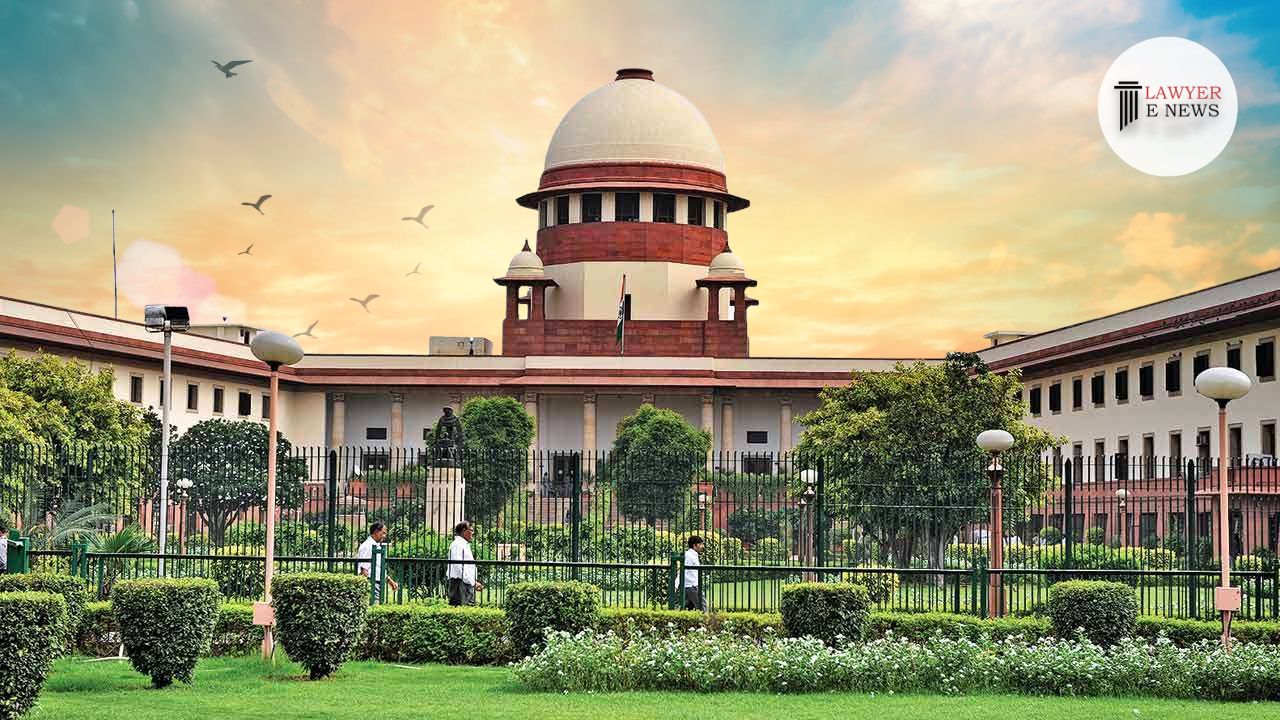-
by Admin
15 February 2026 5:35 AM



The Supreme Court of India has restored an order passed by the Commissioner of Income Tax under Section 263 of the Income Tax Act, which had been set aside by the High Court of Judicature at Bombay. The case concerns the Assessment Year 2007-08, and the dispute arose when the respondent assessee, engaged in the manufacture and export of garments and shoes, filed its income tax return for AY 2007-08, claiming that the sale of the property/building "Paville House" for Rs. 33 Crores was to discharge encumbrances from the sale proceeds to pay off shareholders and that the discharge of encumbrances was the "cost of improvement."
The assessing officer accepted this computation of long-term capital gains, but the Commissioner of Income Tax issued a notice under Section 263 of the IT Act, holding that the assessment order was erroneous and prejudicial to the interest of the revenue on the issue relating to the deduction of Rs. 31.05 Crores claimed by the assessee as the cost of improvement while computing long-term capital gains. The Commissioner set aside the assessment order, directing the re-computation of the capital gains of the assessee in consonance with the provisions of the IT Act.
The assessee approached the Income Tax Appellate Tribunal (ITAT), which set aside the order passed by the Commissioner, upholding the allowability of the assessee's claim of deduction of payment made to shareholders. The High Court confirmed the ITAT's findings, and the Revenue filed the present appeal against the High Court's decision.
The Supreme Court observed that in order to exercise jurisdiction under Section 263 of the Income Tax Act, the Commissioner has to be satisfied of twin conditions, namely, (i) the order of the Assessing Officer sought to be revised is erroneous; and (ii) it is prejudicial to the interests of the Revenue. The Court held that the phrase "prejudicial to the interests of the Revenue" is of wide import and is not confined to loss of tax. The Court further observed that if due to an erroneous order of the Income Tax Officer, the Revenue is losing tax lawfully payable by a person, it will certainly be prejudicial to the interests of the Revenue.
The Court held that the order passed by the Assessing Officer in this case was erroneous as well as prejudicial to the interest of the Revenue, and the High Court committed a serious error in setting aside the order passed by the Commissioner. Therefore, the impugned judgment and order passed by the High Court were quashed and set aside, and the order passed by the Commissioner was restored.
The Commissioner of Income Tax 7 Vs M/s. Paville Projects Pvt. Ltd.
